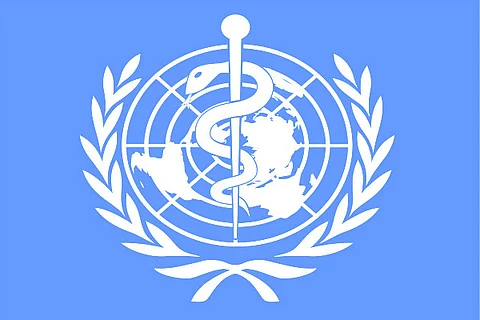

The independence and credibility of the World Health Organisation (WHO) would be compromised if member states fail to put in place a robust framework to protect the organisation from undue influence, some 34 civil society groups have said this week.
Their call to remain alert and vigilant comes as countries meet in Geneva to negotiate a Framework of Engagement with Non-State Actors (FENSA) together with NGOs, businesses, philanthropic foundations and academic institutions. “We… call on participants of the meeting to ensure that the framework does not fall below existing safeguards that aim to prevent undue influence from the private sector and to strengthen them,” said the group which includes the All India Drug Action Network, Baby Food Action networks, groups calling for corporate responsibility, and Third World Network (TWN) – a news and advocacy network.
The News Minute has followed this issue closely. Read our earlier report here.
The bottom line is finance and related resources. Current WHO guidelines regulate the organisation’s engagement with the private sector. Significantly, they restrict the acceptance of financial resources from the private sector to support salaries of WHO staff. The FENSA draft on the table ignores this and allows the WHO’s Secretariat to accept financial support from the private sector to pay staff salaries.
Likewise, existing guidelines protect the organisation from groups that are primarily of a commercial or profit-making nature to enter into official relations with the WHO. The FENSA now proposes to explicitly allow international business associations and philanthropic foundations to enter into official relations with the WHO thus enabling these groups to participate in the organisation’s governing body meetings and other fora of decision-making.
Member states are being asked to urgently address the concern of sustainable financing of WHO. It is far too risky to use FENSA as a fund-raising strategy. Currently more than 80 per cent of WHO’s budget is financed through voluntary tied contributions. This is the most critical cause of WHO’s vulnerability to undue influences. There is an urgent need for Member States to increase their assessed contribution.
Private sector players are especially keen to seek a WHO endorsement in areas of food and beverages with a view to greater market access. Saying this is any other way or couching it in semantic jugglery would be dishonest. Without adequate safeguards the WHO will not be able to fulfil its constitutional mandate as the directing and coordinating authority on global health, setting norms and standards and regulating harmful industry practices. The reliance on financial support from the private sector is shorthand for ‘corporate capture’ of the WHO, civil society groups say.
Conflict of interest is writ large on this discussion. As the first health arm of the United Nations (UN) family, WHO is the world’s only policy-setting organisation. Countries use WHO guidelines on a host of issues ranging from drugs to food, road safety to beverages and fast foods. Like many UN organisations the WHO has been strapped for cash with countries (whose contributions account for salaries) cutting back on their contributions.
Even though various WHO documents, including the draft FENSA text, mention concerns about conflict of interest (COI), WHO lacks a comprehensive policy to manage both individual and institutional COI. Most importantly, the draft FENSA, instead of filling this gap, contains a wrong conceptualisation of conflicts of interest. Were conflicts of interest conceptualized correctly, the entire FENSA text would look different. Similarly, safeguards against risk of undue influence, especially protection against conflict of interest, should be in place, even in the case of humanitarian emergencies.
As the WHO readies for its annual assembly in less than a month from now, this issue is expected to rile and regale equally. Watch this space.